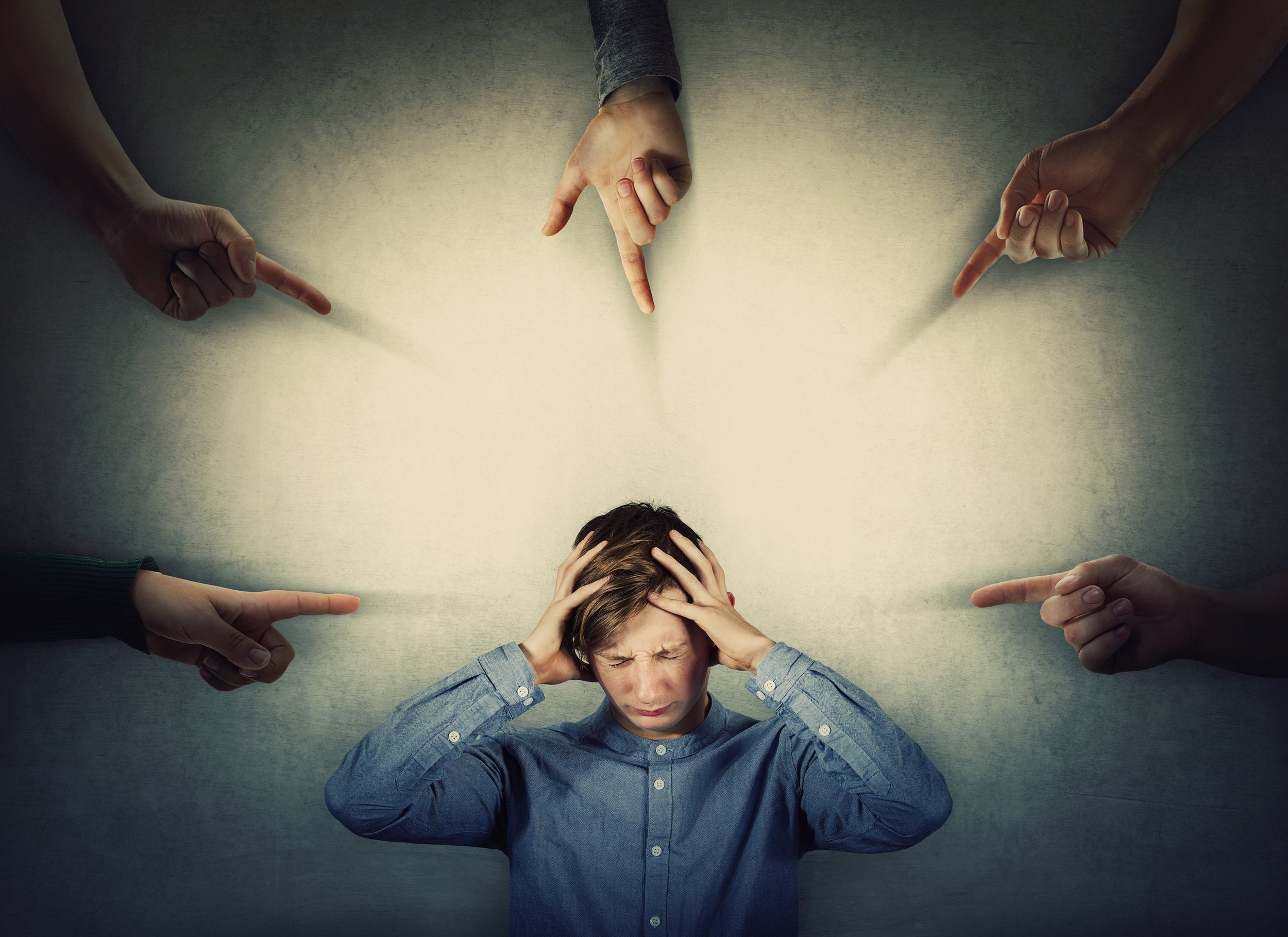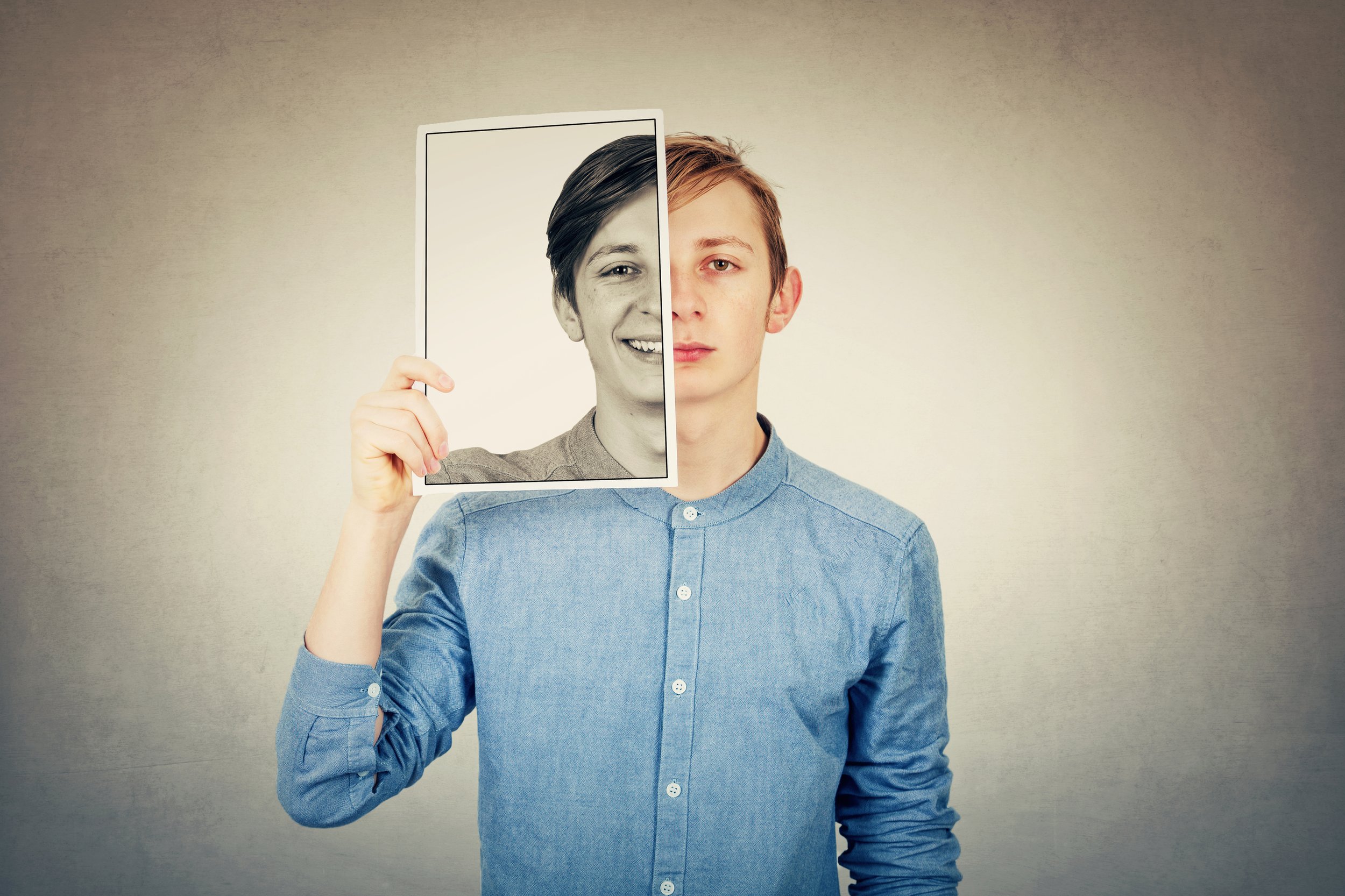
WHY MENTORSHIP & ROP?

WHY MENTORSHIP?
OUR BOYS ARE STRUGGLING
The average teenage boy (11-14) spends 9 hours a day on screens. Never before have these kinds of technologies been so widely available and adopted at such young ages. Our youth have become more connected, and simultaneously more profoundly disconnected, than ever before - our boys are amidst a global-wide technological experiment, and we are seeing devastating results.
Psychologically undeveloped boys and young men are up against multi-billion dollar corporations that are designing games, movies and media to be as stimulating, addictive (and profitable) as possible - is it any wonder why screen time has become such an epidemic amongst our teens?
Excess Screen time is proven to:
- decrease capacity for focus
- develop poor sleep habits
- increase symptoms of depression/anxiety
- decrease happiness, health & well being
MOUNTING PRESSURE - DWINDLING SUPPORT
At the same time we are sending our boys mixed messages - demanding more in terms of responsibilities and expectations of proper behaviour - while offering them less of our time, energy and support. We treat them and speak to them as if they are still boys - yet expect them to make responsible, grown-up choices in their life. This relational tension creates confusion and chaos for both parents and boys alike - leading to inevitable conflicts, disappointment and estrangement between boys and their families.
“The child that is not embraced by the village will burn it down just to feel it’s warmth.”
“ A modern day rite of passage is achieved when parents and the community create and participate in experiences which are perceived to be transformative by youth and, in fact, offer them increased status within the community and facilitate their healthy transition through adolescence.”
Statistically speaking young men are:
- 4X more likely to take their lives than young women
- 1 in 3 boys ages 13-18 experience an anxiety disorder
“I’m Fine” - MOST TEENAGE BOYS
Due to cultural programming, peer-culture, and accepted social-norms most boys don’t feel safe in expressing their sensitive side or their emotions. From a young age many boys are told to “man up” when crying or in an emotionally vulnerable state - and early on they learn that to show this side of themselves is a sign of weakness.
This leads to a repression of not only their emotions, but a whole dimension of their being. These repressed emotions can overtime stagnate and become reactive forms such as anger, resentment, blame, frustration, anxiety, or more repressed forms such as sadness, depression, apathy or laziness.
IDENTITY CRISIS
Teenage boys of this modern-age are growing up in a very different world than their parents. During adolescence it’s natural for us to be searching for who we are and where we belong. Many boys are looking to unqualified sources to tell them who they are: music, friends, movies, celebrities, tictok and instagram influencers. Most (if not all) of these influencers are not demonstrating & embodying healthy masculine qualities - in many cases quite the contrary.
Without proper mentorship most boys are almost certain to get lost in a sea of friends, partying and video games - seeking purpose and approval from the outside rather than finding their gifts and strengths within. Mentorship is crucial at this stage of life - or these boys run the risk of staying boys (from a psychological development perspective) into their 20s, 30s and well beyond.
OUR BOYS ARE FALLING BEHIND
Over the last few decades a disturbing trend has emerged - boys are consistently fairing worse than girls in many departments.
These include:
boys are 50% more likely to fail at all 3 key school subjects: math, reading & science
for every 100 girls expelled from elementary & secondary school, 335 boys are expelled
for every 100 girls diagnosed with learning disabilities - 276 boys are diagnosed with learning disabilities
for every 100 girls ages 15 to 17 in correctional facilities, there are 837 boys behind bars
("sources: “Boys on Target” & “Of Boys & Men”)
NOT-SO HIDDEN CRIES FOR HELP
Many boys feel overwhelmed by the intensity of the rapid changes unfolding in their lives and are in need of support. On a deep level they know they need help to make it through this tumultuous and tender pathways of boyhood to manhood - but they don’t know where to turn (or worse still - have nowhere to turn).
Of course all this only scratches the surface of the “Boy Crisis” - to learn more click our resources page HERE (coming soon).
WHAT, IF ANYTHING, CAN WE DO?
As we can see, the odds are profoundly stacked against our boys - so is there any hope? What is the antidote to the mounting struggles and challenges we are seeing both in boys and within their families? We certainly don’t claim to have all the answers - but if we look to our not-so distant past, there is much to be gleaned.
Click the button below to learn more about the Rites Of Passage renaissance that is sweeping the globe as an ancient, tried and true solution to the modern day challenges of raising healthy & happy boys and young men.
Things To Consider:
- # of boys who said they don’t like school increased by 71%
since 1980
- % of boys without a father in home has doubled since 1960s







